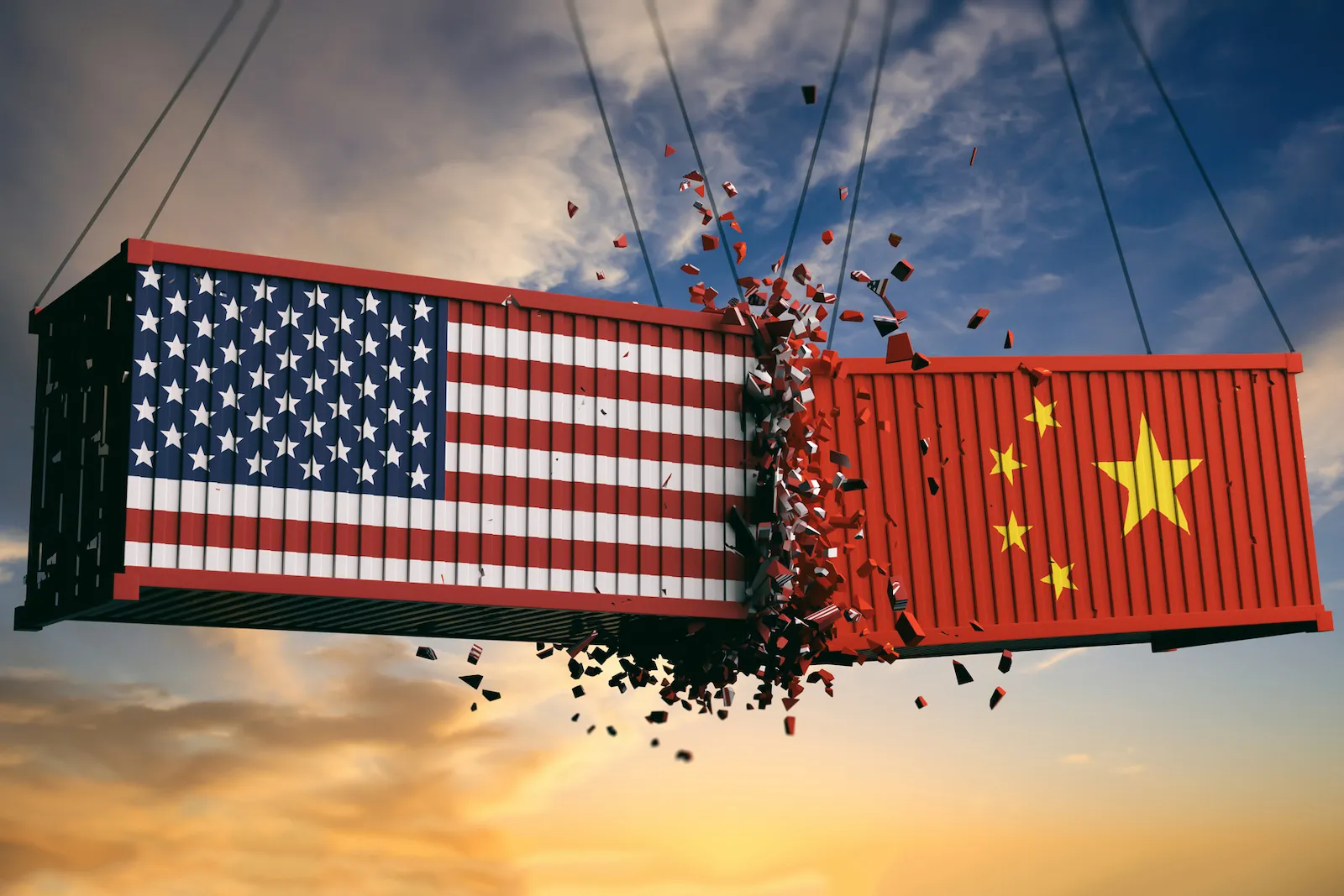In a scene that could be straight out of a thriller novel, FBI Director Christopher Wray recently issued a chilling warning at Vanderbilt University’s “Summit on Modern Conflict and Emerging Threats.” He revealed that hackers with ties to the Chinese government have infiltrated critical U.S. infrastructure, lying in wait for the opportune moment to unleash a devastating blow on America.
The possibility of such an attack looms larger if tensions escalate between China and Taiwan. Just picture the chaos in the U.S. if our national power grid were crippled for days. While the U.S. and Taiwan regularly simulate scenarios like these in war games, Wray’s public disclosure raises questions about the reasoning behind such a candid warning.
Simultaneously, U.S. Secretary of State Antony Blinken drew attention to the stark disparity between the number of Chinese students in the U.S. versus American students in China. Notably absent from his remarks was any mention of the influx of Chinese nationals entering the U.S. through its southern border—an inconvenient truth the Biden administration seems reluctant to address publicly.
However, Blinken emphasized the Biden administration’s clear-eyed recognition of the challenges posed by China and its contrasting visions for the future. He highlighted China’s concerning actions, such as supplying military components to fuel Russia’s aggression in Ukraine and facilitating the flow of deadly chemicals to Mexican cartels.
The recent shift in tone from the Biden administration towards China raises eyebrows. Biden’s approval of legislation aimed at divesting Chinese-owned TikTok and bolstering Taiwan’s defense has elicited threats of retaliation from Chinese officials. This saber-rattling, usually conducted through diplomatic channels, now plays out in the public sphere, hinting at underlying domestic political motives.
This newfound assertiveness is a departure from Biden’s earlier stance. He previously criticized former President Trump’s characterization of COVID-19 as the “China virus” and collaborated with social media platforms to censor discussions linking China to the pandemic. The contrast underscores the complex dynamics shaping U.S.-China relations and the evolving landscape of international diplomacy.















































